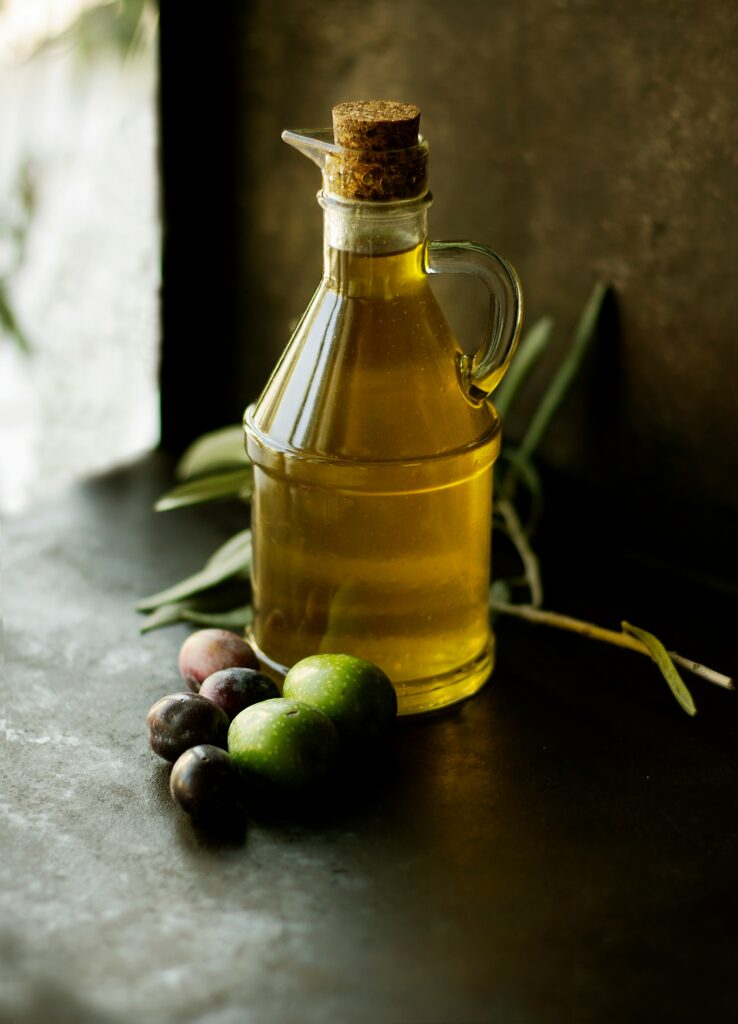What is this Sacrament About?
 The Sacrament of the Anointing of the Sick is one of the Church’s most deeply human and compassionate moments. It reaches into the places of suffering, hospital wards, care homes, bedrooms, and sometimes even kitchen tables, and brings there the consoling presence of Christ and the prayer of His Church. For many years it was known as Extreme Unction or the Last Rites, which led people to fear it as something given only at the point of death. The Church has worked carefully to recover its fuller meaning: this is a sacrament not of death, but of life and healing, a sign that God’s mercy and tenderness never abandon us, even in weakness and frailty.
The Sacrament of the Anointing of the Sick is one of the Church’s most deeply human and compassionate moments. It reaches into the places of suffering, hospital wards, care homes, bedrooms, and sometimes even kitchen tables, and brings there the consoling presence of Christ and the prayer of His Church. For many years it was known as Extreme Unction or the Last Rites, which led people to fear it as something given only at the point of death. The Church has worked carefully to recover its fuller meaning: this is a sacrament not of death, but of life and healing, a sign that God’s mercy and tenderness never abandon us, even in weakness and frailty.
In the celebration of the sacrament, the priest anoints the person on the forehead and hands with the Oil of the Sick, oil that has been blessed by the bishop during Holy Week at the Chrism Mass. He prays that the Lord will bring the person strength, peace, and courage, and if it is God’s will, the gift of physical healing. It is an encounter that goes beyond medicine or words. It is a moment when the Church, through the hands of the priest, touches a wounded life with reverence and faith, trusting that Christ himself continues to heal through the sacraments he gave to his people.
The Catechism of the Catholic Church describes it simply but profoundly: “The special grace of the sacrament of the Anointing of the Sick has as its effects the uniting of the sick person to the passion of Christ; the strengthening, peace, and courage to endure the sufferings of illness or old age; and the forgiveness of sins if the sick person was not able to obtain it through the sacrament of penance” (CCC 1520–1523).
Why It Matters?
Illness is part of being human, but it can unsettle everything, plans, relationships, even our sense of who we are. In such times, faith can grow dim, not because God has gone away, but because suffering narrows our vision. The Anointing of the Sick helps open that vision again. It does not promise miraculous cures, though sometimes they do happen; instead, it offers a deep sense of peace, an awareness that Christ is close and that the community of faith still surrounds us in love. It helps the sick person to bear pain with courage and, perhaps most of all, to face uncertainty with hope.
When to Receive It
 The Sacrament of the Sick is not only for those at the end of life. It is meant for anyone whose health is seriously affected, by illness, by injury, or by the frailty that sometimes comes with advancing years. It can also be celebrated before major surgery or medical treatment. The Church encourages the faithful not to delay seeking the sacrament until the very last moments, as it is intended to strengthen the sick person throughout the course of illness, not merely to prepare them for death.
The Sacrament of the Sick is not only for those at the end of life. It is meant for anyone whose health is seriously affected, by illness, by injury, or by the frailty that sometimes comes with advancing years. It can also be celebrated before major surgery or medical treatment. The Church encourages the faithful not to delay seeking the sacrament until the very last moments, as it is intended to strengthen the sick person throughout the course of illness, not merely to prepare them for death.
When death does draw near, however, the priest may also offer Holy Communion as Viaticum, which means “food for the journey.” It is the last sacrament of the Christian life, the final sharing in the Eucharist before one passes into eternal life. In that moment, Christ is received as companion and guide for the journey into the Father’s house.
The Church's Care for the Sick
From the beginning, Christians cared for the sick as part of their discipleship. The Gospels are filled with stories of Jesus reaching out to those who were blind, paralysed, or outcast. His healing touch was never merely physical; it restored dignity, belonging, and faith. The Church continues that mission. Through priests, chaplains, lay ministers, and countless volunteers, the sick and elderly are visited, prayed with, and supported. These quiet acts of presence, a few minutes of conversation, a prayer whispered beside a bed, the sign of the cross made gently on a forehead, are small sacraments of kindness in themselves.
If you or a loved one wish to receive the Sacrament of the Sick, you can contact your parish priest or the parish officedirectly. In hospitals and care homes, chaplains are available at any time to arrange anointing. Families are encouraged not to hesitate to ask, even if they are unsure whether the situation “qualifies.” The sacrament is there to bring comfort and reassurance; it should never be seen as a last resort.
A Sign of Hope
 At its heart, this sacrament is about hope, not optimism, which depends on circumstances, but the kind of hope that comes from faith in the risen Christ. Illness can isolate, yet in the anointing, the sick person becomes more deeply united to the suffering and risen Lord. The Church believes that no suffering is wasted when it is joined to Christ’s. As the Apostle Paul wrote, “I complete in my flesh what is lacking in Christ’s afflictions for the sake of his body, that is, the Church” (Col1:24).
At its heart, this sacrament is about hope, not optimism, which depends on circumstances, but the kind of hope that comes from faith in the risen Christ. Illness can isolate, yet in the anointing, the sick person becomes more deeply united to the suffering and risen Lord. The Church believes that no suffering is wasted when it is joined to Christ’s. As the Apostle Paul wrote, “I complete in my flesh what is lacking in Christ’s afflictions for the sake of his body, that is, the Church” (Col1:24).
It has been said that “the Anointing of the Sick is a sacrament of healing and hope; it lets us touch God’s tenderness.” That is its true power. It speaks firmly of a God who remains close, who enters into the frailty of human life, and who brings peace even when health cannot be restored.
“Are any among you sick? They should call for the elders of the Church, and have them pray over them, anointing them with oil in the name of the Lord.”
James 5:14